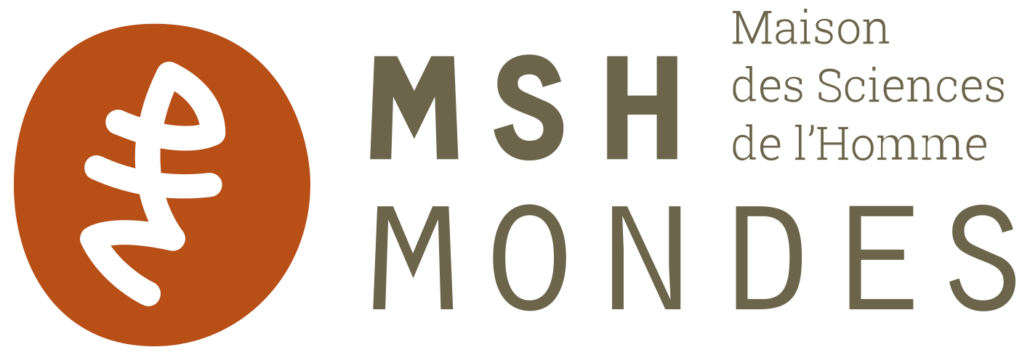| Current library | Collection | Call number | Status | Date due | Barcode |
|---|---|---|---|---|---|
| Lyon : MOM - Bibliothèque de la Maison de l'Orient et de la Méditerranée Libre accès | Papier | ACL NA316. W3 2022 (Browse shelf(Opens below)) | Checked out | 2024-05-18 | 168134 |
| Nanterre : MSH Mondes - Bibliothèque d’archéologie et des sciences de l’Antiquité | E.010/756 HENI (Browse shelf(Opens below)) | Available | BMRG35090 | ||
| Nîmes : Musée de la Romanité Libre accès | 66-VOP (Browse shelf(Opens below)) | Exclu du prêt | ROMA015109 |
Bibliogr. en fin de contributions. Notes bibliogr.
"Water in the Roman World: Engineering, Trade, Religion and Daily Life" offers a wide and expansive new treatment of the role water played in the lives of people across the Roman world. Individual papers deal with ports and their lighthouses; with water engineering, whether for canals in the north-west provinces, or for the digging of wells for drinking water, and for multiple other purposes; with baths for swimming; and with spas. Further papers explore religion in water-sanctuaries and the deposition of objects in rivers as well as deities connected with water, including river gods and nymphs. A final chapter provides an overview of subjects not fully covered elsewhere, including warships and naval battles, trade and navigation, aqueducts, fishing and fish-farming, and literary response to watery landscapes, rivers and lakes. The latter include works by great landowners such as the younger Pliny with his Laurentine villa beside the sea west of Rome or by poets, among them Catullus enjoying Lake Garda and Ausonius with his loving description of the River Moselle. The contributors address the subject in a variety of different ways, as Classicists drawing largely on literature, archaeologists with experience of excavating the watery environment, and art-historians. The papers range from the theoretical, with particular interest in materiality, to more lyrical approaches which address the Romans with their problems as well as their pleasures. (Source : éditeur)








There are no comments on this title.